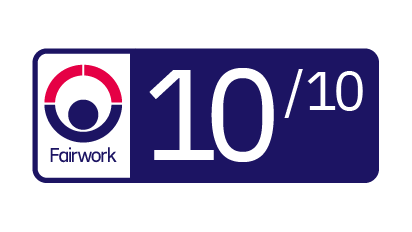This website uses cookies so that we can provide you with the best user experience possible. Cookie information is stored in your browser and performs functions such as recognising you when you return to our website and helping our team to understand which sections of the website you find most interesting and useful.
Creative Words ( Cloudwork )
Principle 1: Fair Pay
Principle 2: Fair Conditions
Principle 3: Fair Contracts
Principle 4: Fair Management
Principle 5: Fair Representation

Notes
The Fairwork Scoring System entails that each Fairwork Principle is divided into two thresholds. Accordingly, for each Principle, the scoring system allows a first point to be awarded corresponding to the first threshold, and an additional second point to be awarded corresponding to the second threshold. The second point under each Principle can only be awarded if the first point for that Principle has been awarded.
An explanation of how we assess platforms against these principles and the information and evidence that we gather and analyse when we make our assessment can be found here.
The above scores should be read in conjunction with these explanatory notes.
Platforms are awarded a point where there is verifiable evidence to demonstrate that the platform has achieved the relevant threshold. A blank score therefore means that there was no verifiable evidence to award a point.
A platform can therefore receive a maximum Fairwork Score of ten points.
Fairwork scores are updated on a yearly basis.






